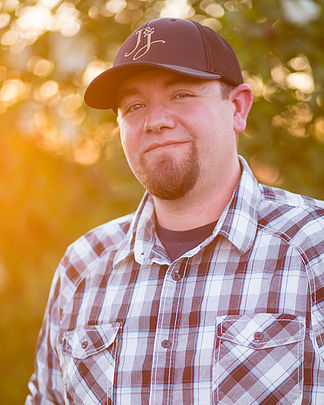
Trial scheme to plant vines on prison land is finalised
The search for new terroir in Washington State took a surprising turn last month, when plans to plant vines inside the Walla Walla State Penitentiary were finalised.
Jeremy Petty, co-owner of Walla Walla Vineyard Management, hopes to plant 2 hectares (initially) of Cabernet Sauvignon, Syrah and Malbec on prison land this autumn, in a trial scheme designed to rehabilitate prisoners and get them involved in local viticulture.
“In 2015, I was contacted by an associate at the state prison who was interested in talking about a project they were looking at doing,” said Petty. “Once it gets off the ground, the offenders will start helping with every stage, from designing the field, orientation, helping install the irrigation and talking about soil sampling and health.”
According to Petty, hopeful applicants will be required to have a High School diploma; in addition, their prison record must not list any “infractions,” and they must be due to re-enter society within three years or less.
“Right now the offenders are ecstatic about working in the vineyard,” said Petty. “I have to pay the offenders the wages that workers are getting paid outside the prison, so I don't compete with private business for what the commodity will costs me.”
The viticulturist added that the land around the penitentiary has been farmed for years – Petty will use existing soil samples to help him understand what they are dealing with. “The area where we are planting is known to be very rocky. I believe this will help with the vines to create a unique terroir,” he said.
Presuming the trial period is a success, the harvested grapes will be available to the open market - once they are mature of course. Any commercially licensed winery will be able to purchase the prison grapes.
“The beauty of the project is that once prisoners have finished their training and are released, they will be able to go into almost any community and be able to work at a supervisory level of the farm and not just a harvest person,” said Petty.
“We will also be offering social aspects training, resume training and many other things that will help them succeed outside the walls. One day, these guys will be out walking amongst my family some day, so if I can keep them from re-offending, then I have done my job.”






